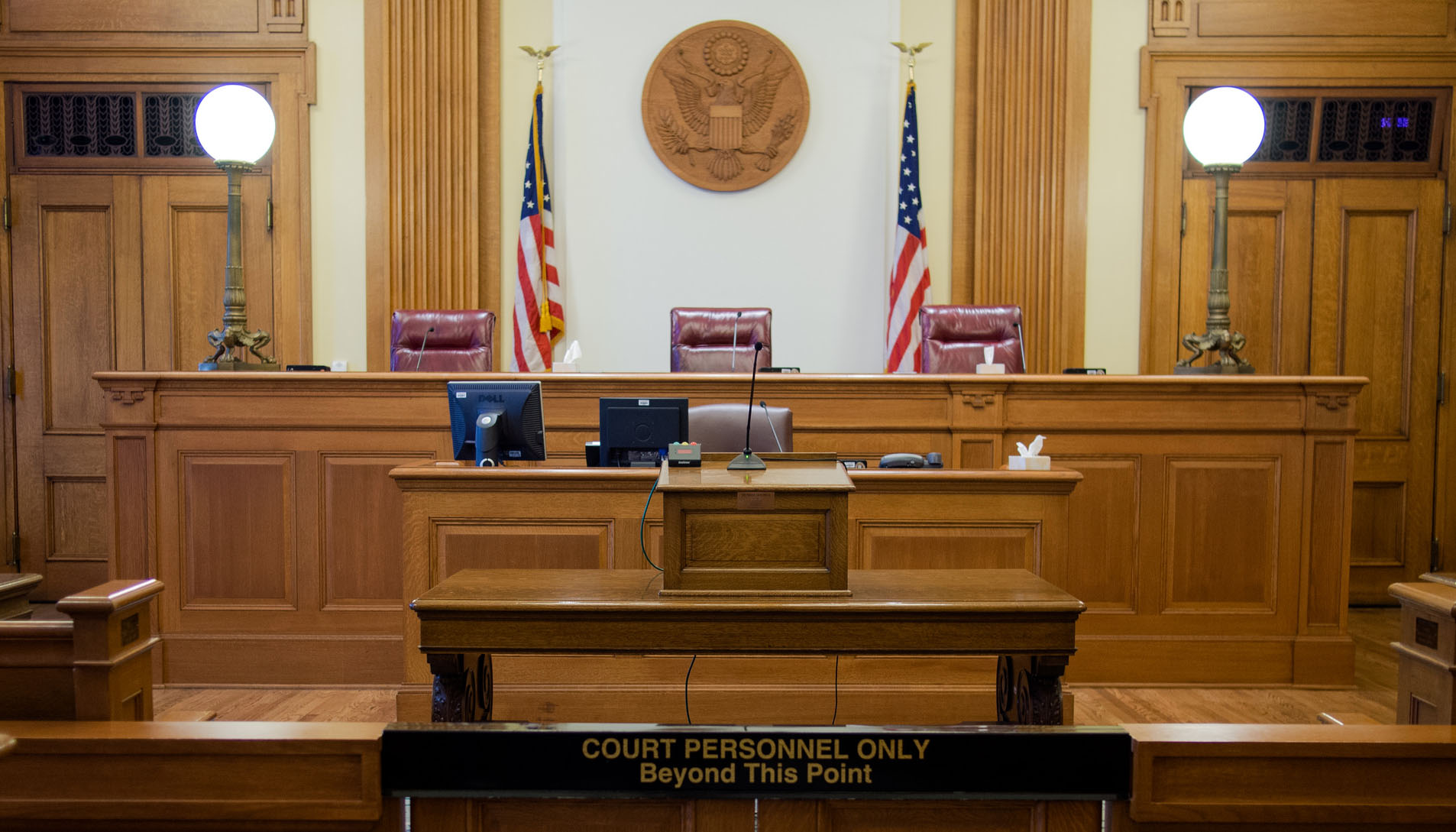The Second Circuit has found that the Board of Immigration Appeals (BIA) must publish immigration decisions, reversing an earlier federal district court decision.
The case challenged the Department of Justice’s longstanding practice of failing to publish immigration decisions by the BIA—the highest administrative court deciding immigration cases—in any forum that could be easily accessed by the public. The decision in the case, brought by the New York Legal Assistance Group, highlights agencies’ obligations under the Freedom of Information Act (FOIA) to make certain records publicly available without individuals or organizations having to file individual FOIA requests to obtain them.
The provision of FOIA that requires agencies to proactively disclose certain agency records is sometimes called the “reading room provision” because agencies maintain FOIA Reading Rooms on their websites that can be accessed by the public. Documents that must be provided to the public without specific requests include: policies that have been adopted by the agency; agency manuals and instructions to staff; and “final opinions . . . as well as orders, made in the adjudication of cases.”
Unpublished decisions from the BIA fall into this third category of records.
The court pointed out that more than 30,000 unpublished decisions are issued each year. Though only about 30 decisions a year are designated as precedential—and therefore binding on future immigration courts—unpublished decisions also are cited in court decisions.
Government attorneys, immigration judges, and even the BIA itself refer to these 30,000 decisions even though they aren’t publicly available.
Under FOIA, documents that fall under the reading room provision cannot be “relied on, used, or cited as precedent by an agency” unless they are publicly available, or the party opposing the agency has “actual and timely notice of the terms thereof.” The fact that the unpublished decisions were cropping up in immigration court and BIA decisions was very problematic.
The Second Circuit reversed a previous ruling, finding courts do have the ability to order the BIA to make documents publicly available, not just available to an individual FOIA requester. In doing so, the court also disagreed with the D.C. Circuit, finding it had wrongly interpreted FOIA to prevent courts from ordering public disclosure.
The court also pointed out how the government’s position conflicted with the spirit of FOIA. FOIA is designed to reject “secret agency law” and should not be used to “systematically limit[] the access to information of parties opposing the government in immigration proceedings.”
The decision helps realize Congress’s intent to ensure agencies make information under the reading room provision available to all—not just to those with the resources to pursue a FOIA lawsuit. It also helps level the playing field for immigrants who have had to respond to government arguments and court decisions based on unpublished BIA decisions.
The DOJ is both the parent agency of BIA and in charge of establishing best FOIA practices for all government agencies. Here, it should have done better without court intervention. Now, it must.
FILED UNDER: Board of Immigration Appeals, Department of Justice, FOIA


